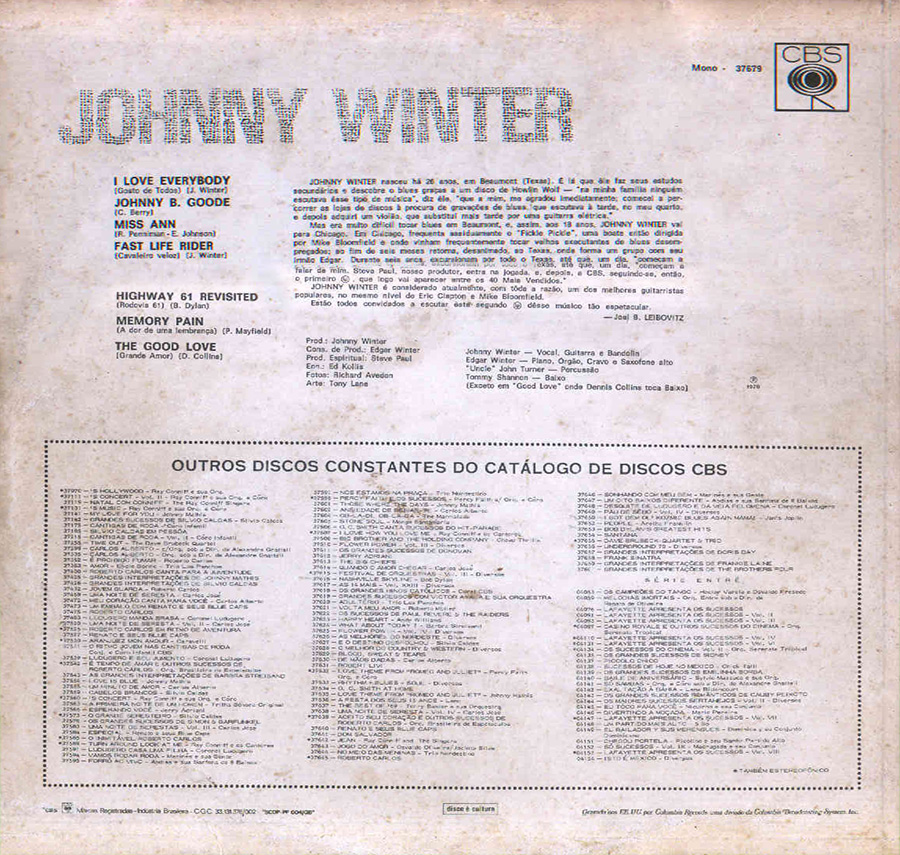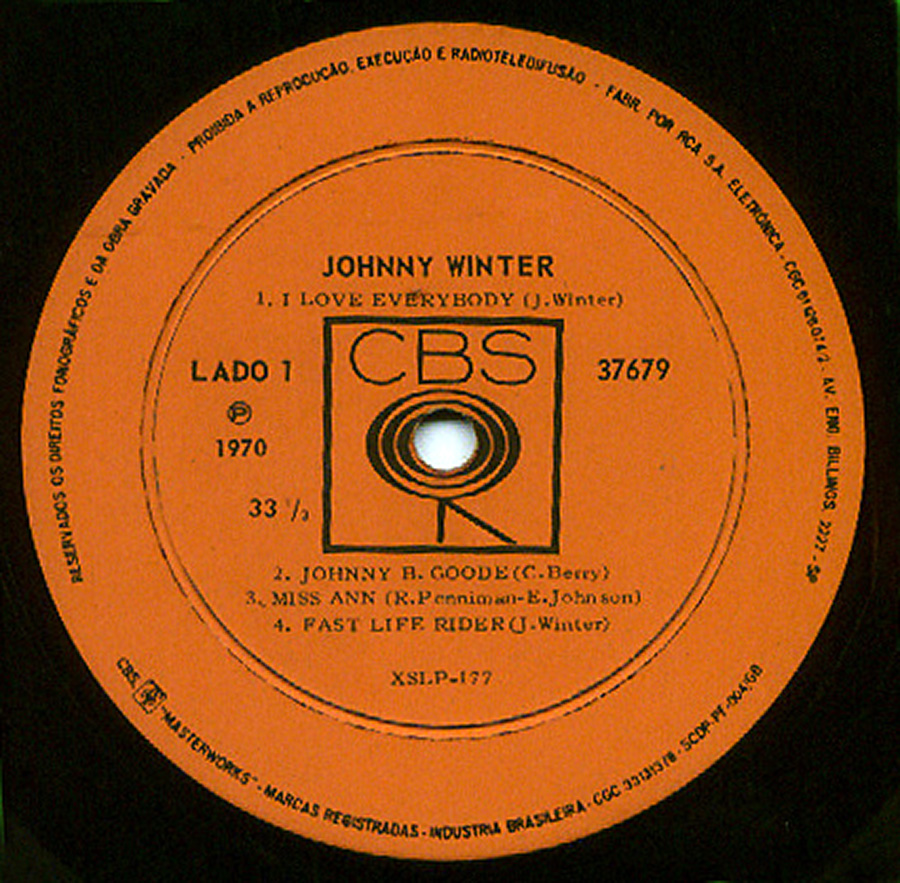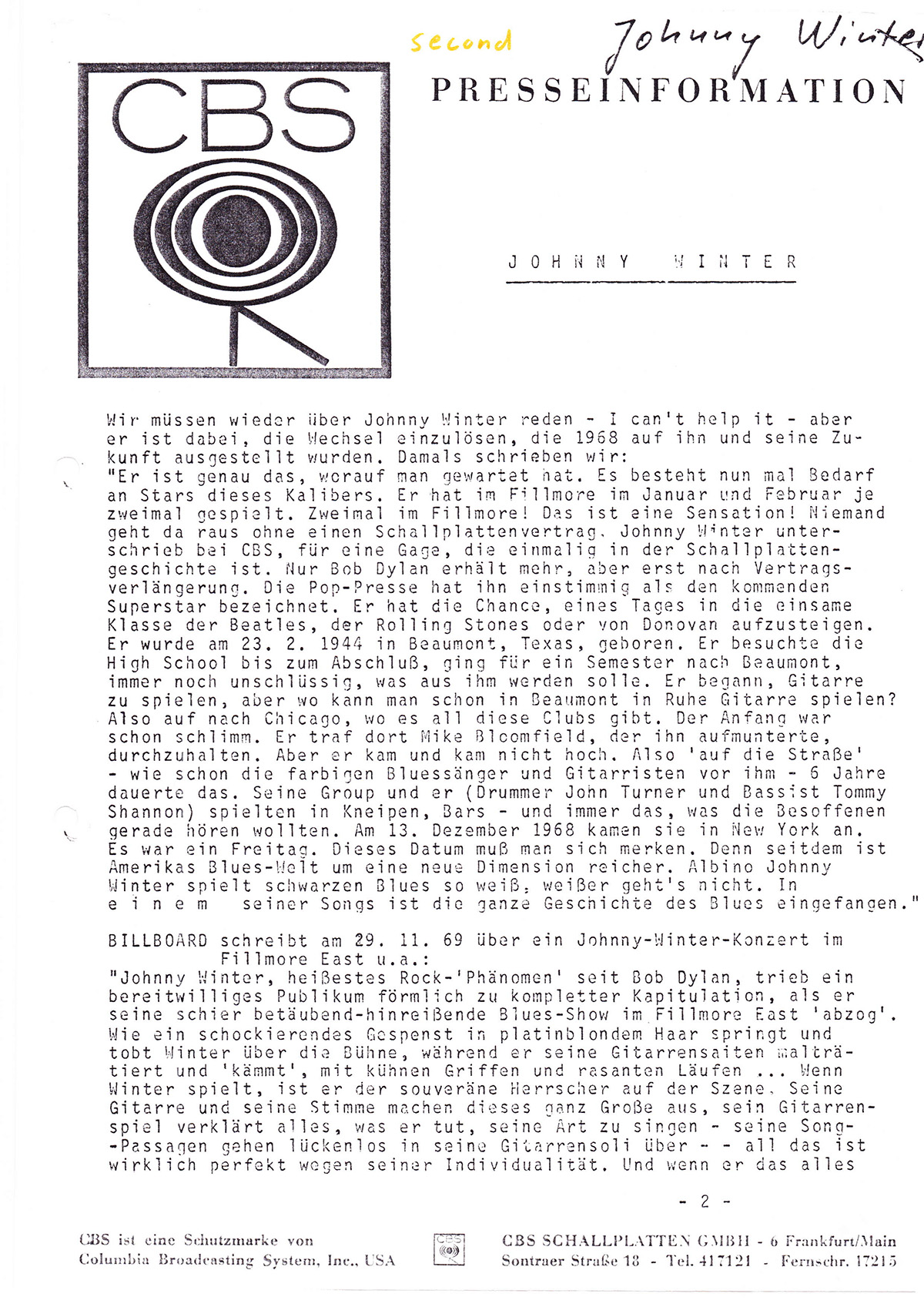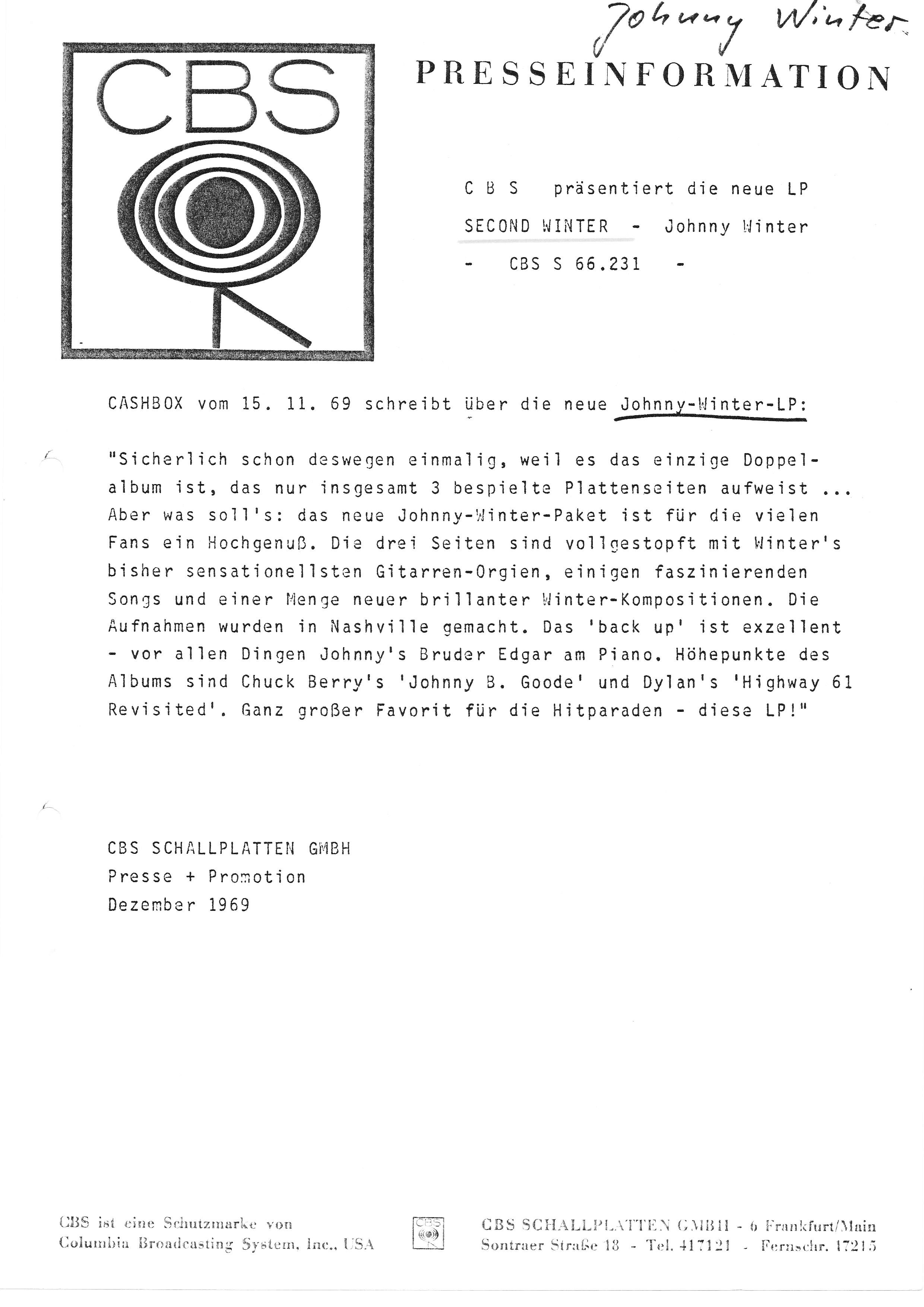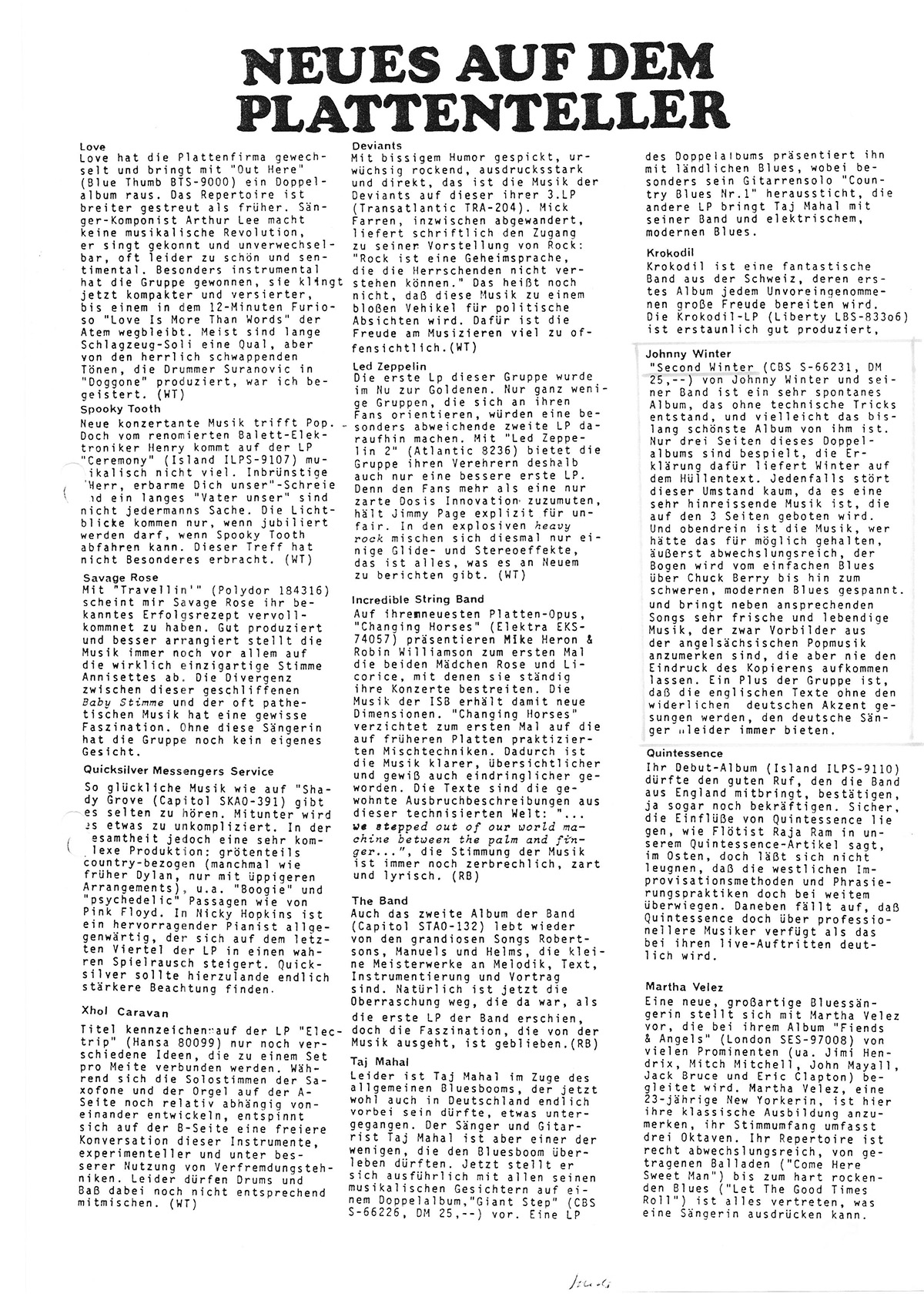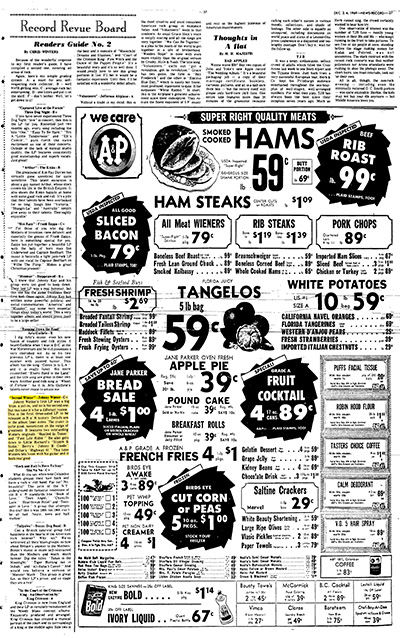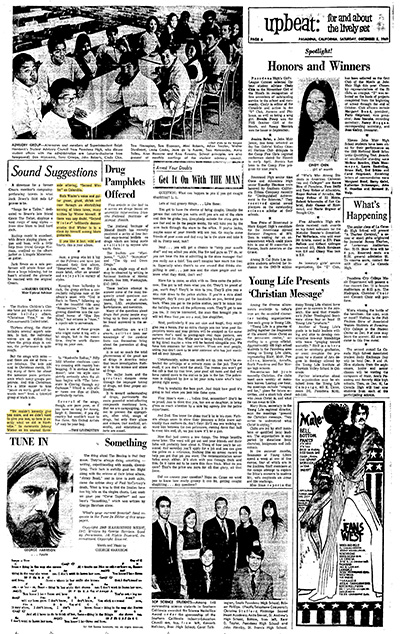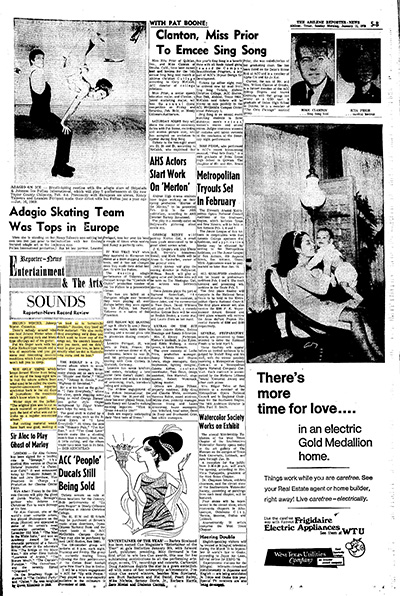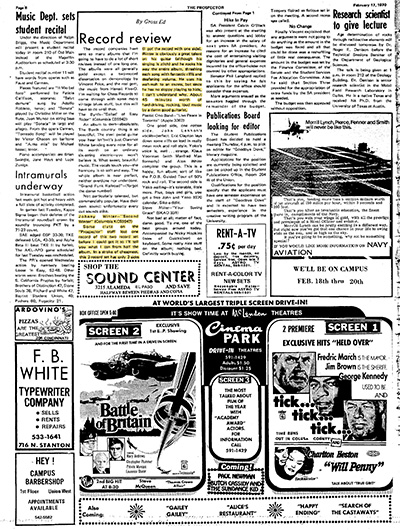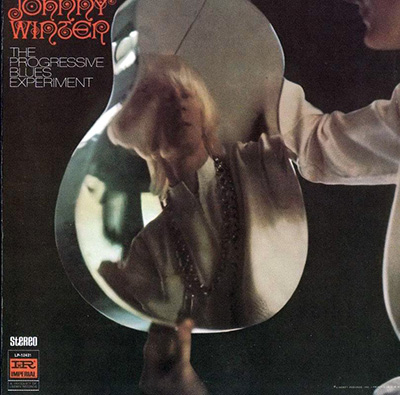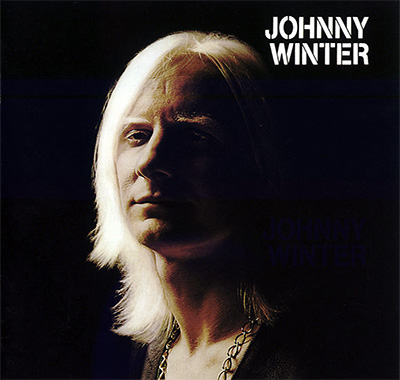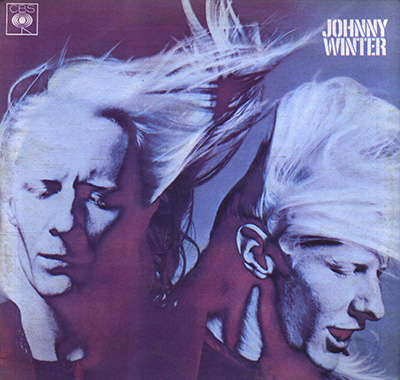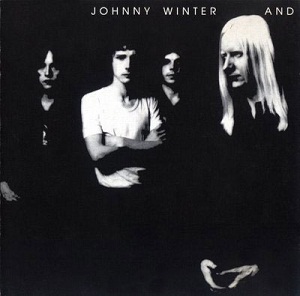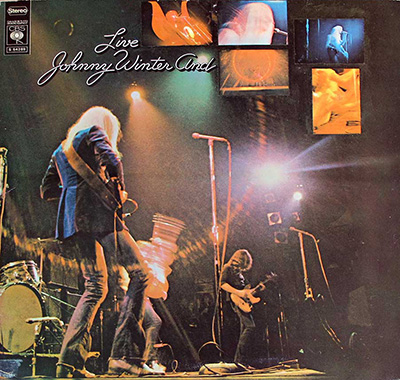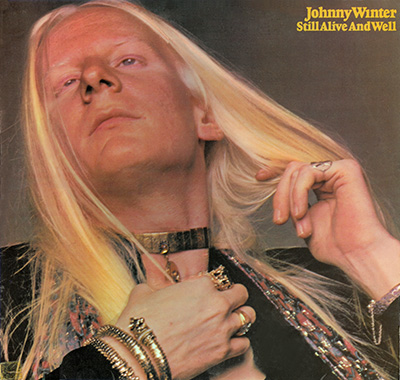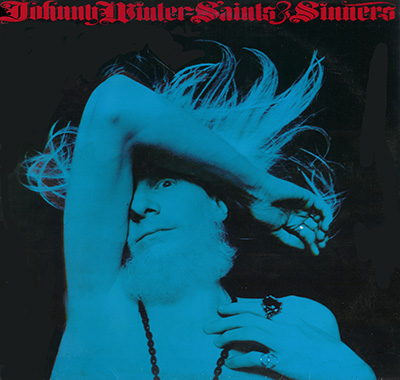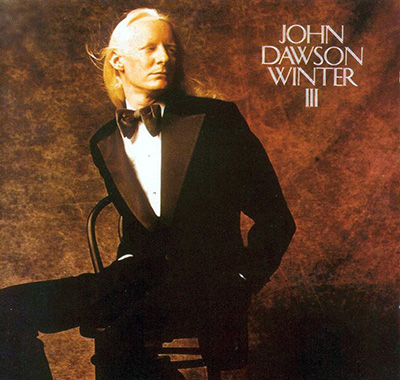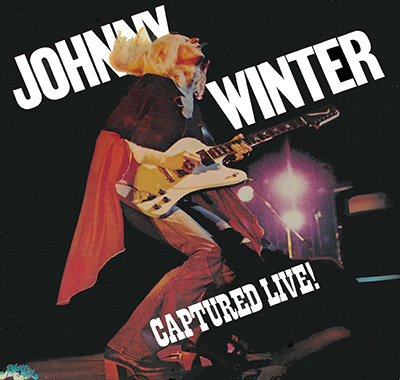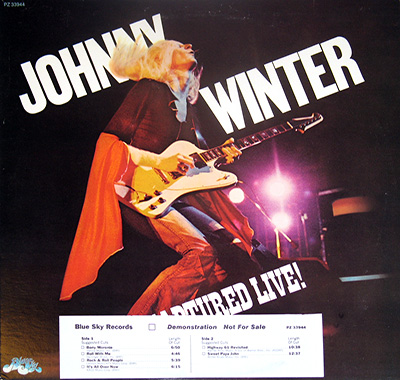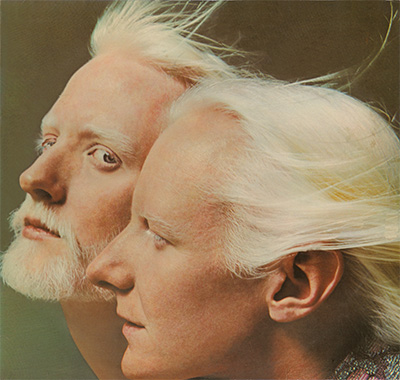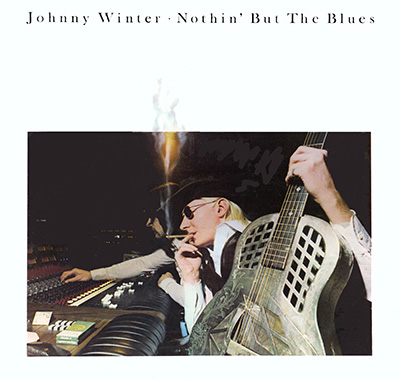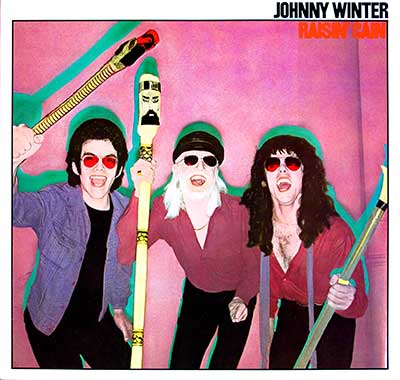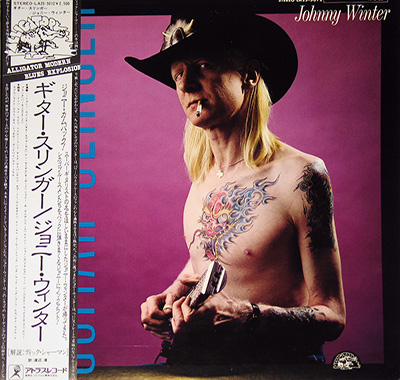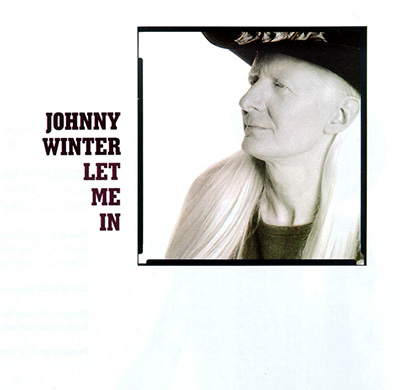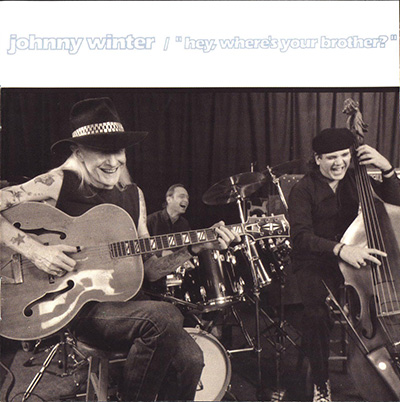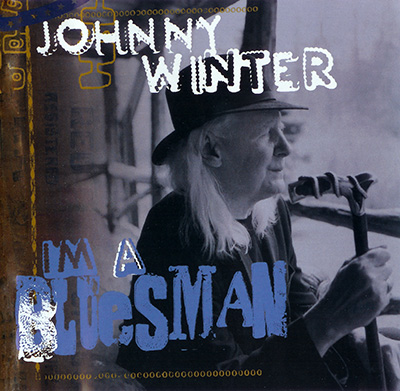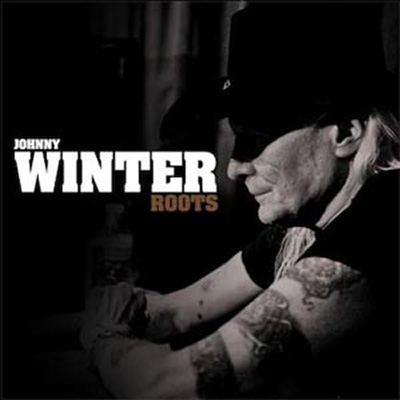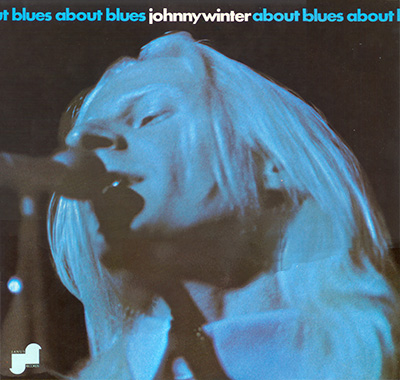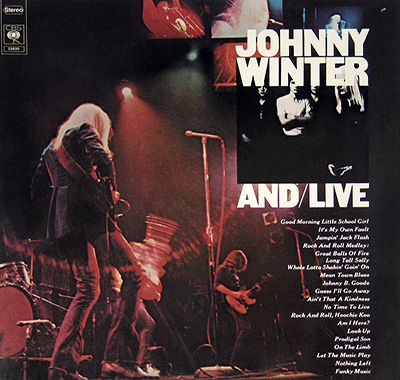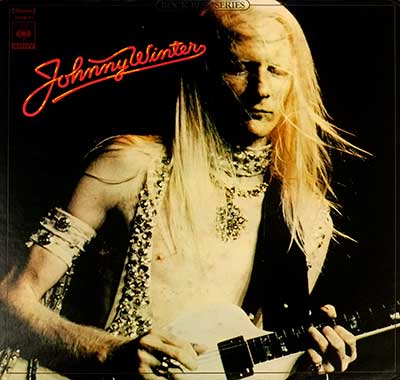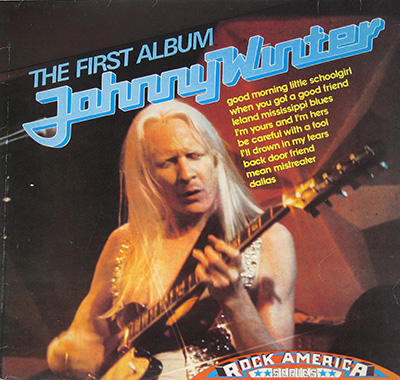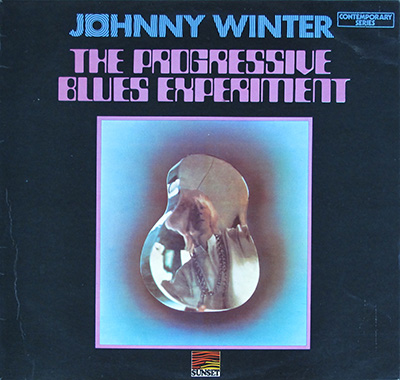"Second Winter" by Johnny Winter is literally an album and a half. As Winter explains in the liner notes, the group recorded an excess of material, planning to leave off anything that didn't satisfy them. In the end, all 11 songs were included, but they were spread across three sides because squeezing them all onto one record would have sacrificed volume. As Winter states, "We couldn't honestly give you more, and we didn't want to give you less, so here is exactly what we did in Nashville—no more and no less."
The "we" in Winter's statement refers to his group, which has apparently added a new member: Johnny's older brother, Edgar, who played alto sax and keyboards on a few cuts of the first Columbia album. The other members are Uncle John Turner on drums and Tommy Shannon on bass—both of whom are great instrumentalists. Winter himself plays lead guitar, mandolin, and handles all vocals. All members are from Texas.
"Memory Pain," minus Edgar, is an old blues tune that Winter has sped up. This cut immediately displays the tightness of the group. "I'm Not Sure," featuring Edgar on harpsichord, seems confusing at the start, but after a short "hoochie koochie" type of break, the group returns to the original tempo and finds its groove.
"The Good Love," with its composer Dennis Collins on bass, features Johnny using a wah-wah pedal and shows the influence of Jimi Hendrix. Side two of the album showcases another aspect of Winter's talent with three old rock and roll tunes. "Slippin' and Slidin'" and "Miss Ann," both written by Little Richard, don't come across very well. While the group is more than competent in this field, Johnny's attempt to mimic Little Richard's singing falls short. It would have been better if the group had performed the tracks in Winter's own style, as they did with the next track, "Johnny B. Goode."
On this cut, the group doesn't try to sound like Chuck Berry, as the Rolling Stones and other groups have done. This is easily one of the best tracks on the album. Another standout is Bob Dylan's "Highway 61 Revisited." This version is a hard-driving blues with some of the best slide guitar work ever, far surpassing the original.
Side three opens with "I Love Everybody," a Johnny Winter original, as are all the songs on this side, which includes "I'm Not Sure." This is a fine blues track, slightly reminiscent of Muddy Waters' "Two Trains Runnin'." Similarly, "Hustled Down in Texas" bears a resemblance to "Got My Mojo Working," also written by Muddy Waters. Johnny once again uses a wah-wah pedal, along with some fuzz effects.
"I Hate Everybody" showcases the group's talent in yet another genre—jazz. It features great guitar work by Johnny, complemented by a few saxes and an organ played by Edgar. This track leads into a drum introduction for "Fast Life Rider," which does not feature Edgar. Shannon plays some great, fast bass, and Turner delivers powerful, driving drums. Stereo speaker switching creates the illusion that two guitarists are trading riffs. The song lasts more than seven minutes, with Johnny, aided only by drums for much of the track, demonstrating why Mike Bloomfield once called him the greatest white blues guitarist. Personally, I doubt if any blues guitarist—white or black—could carry his pick.
If possible, Winter has outdone his first Columbia album, as well as "The Progressive Blues Experiment" on Imperial. It's too bad there isn't a fourth side, but these three sides are plenty. Besides, another side would have raised the price.
Source: 69-12-03 Oakland Tribune


